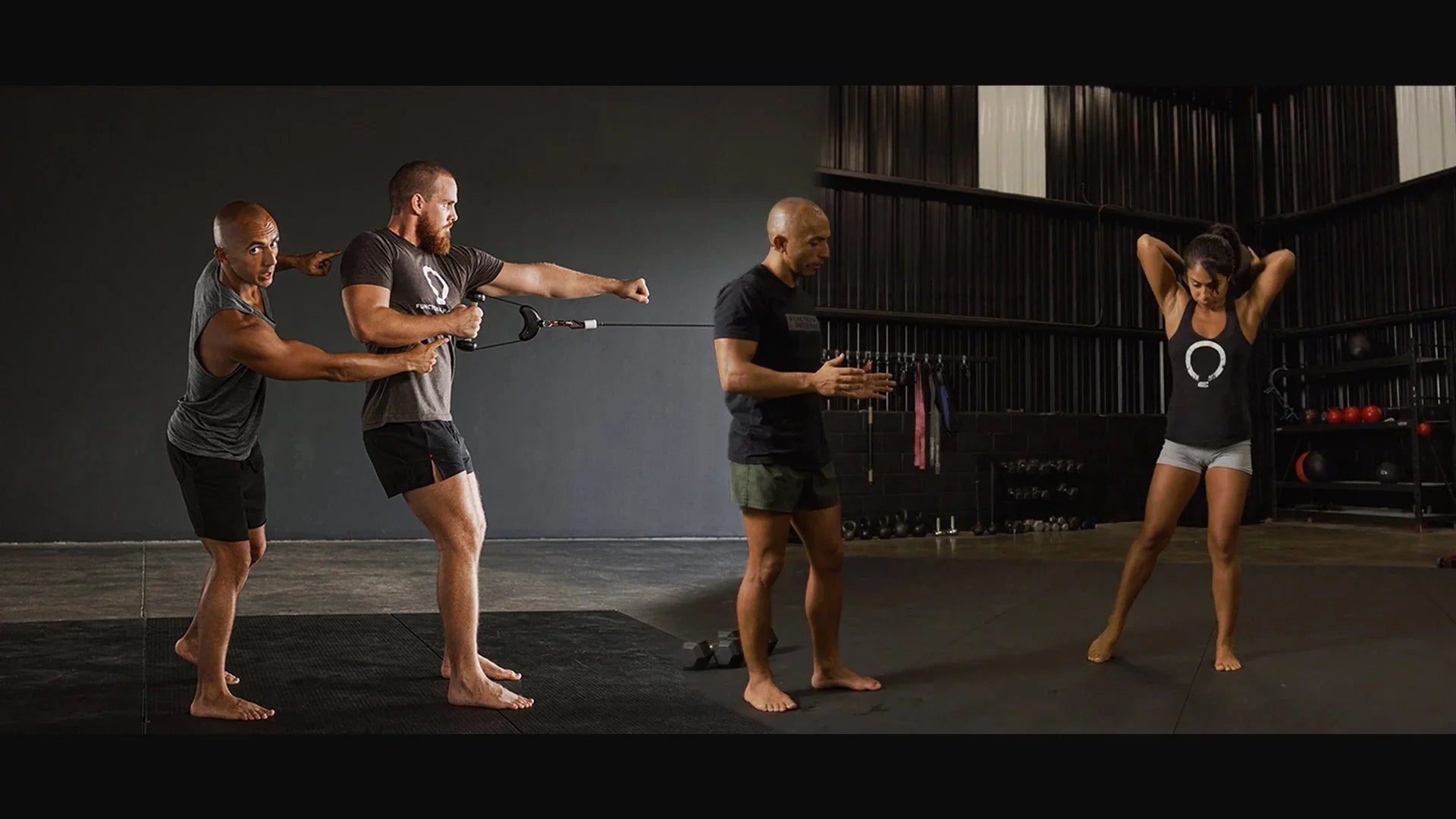Introduction
Aging is an inevitable part of life, yet it often evokes fear and anxiety. In a world obsessed with youth and beauty, the natural process of aging has become a battleground, with anti-aging supplements and foods at the forefront. The quest for eternal youth is more fervent than ever from the popular anti-aging foods and resveratrol foods to traditional vitamins like A and E. The psychology of fearing aging, the concepts of aging gracefully, and the implications of relying on exogenous substances for anti-aging will be addressed.
Aging Gracefully
Aging is a natural human process, a journey filled with wisdom, experience, and growth. Embracing aging and aging gracefully requires a systems approach to thinking critically about one’s flaws and developing a problem solving mindset to address them. It's about prioritizing how to move the body through space rather than chasing the illusion of eternal youth through diet and anti-aging supplements alone.

Image by pikisuperstar on Freepik
Resveratrol - A New Hope
Resveratrol is an up-and-coming supplement for anti-aging that has been popularized by figures and influencers. One of the best sources of resveratrol is red wine even though it pales in comparison to resveratrol supplements. Red wine is touted as youthful to consume in moderation but resveratrol doesn’t seem to be fundamental to anti-aging to warrant drinking alcohol. The exogenous intake of resveratrol raises questions about if this gets to the root cause of age accelerating related diseases. Grapes and berries are resveratrol foods that have shown promising effects in slowing down the aging process.1 It seems like the lowest risk of problems is consuming resveratrol foods instead of highly concentrated resveratrol supplements.

Vitamins A and E - The Traditional Anti-Aging Allies
Vitamins A and E have long been attributed to having anti-aging effects. Cod and beef liver, eggs, and carrots may be referred to as anti-aging foods and have these vitamins that are essential for skin health and vitality. The implications of taking these vitamins exogenously as supplements instead of simply getting them from food is complex. While supplements may provide temporary benefits, reliance on these age-defying supplements may hinder the body's innate capabilities.

The Fear of Aging

The fear of aging is not merely a superficial concern, it's a complex psychological issue rooted in societal pressures and misplaced values. The desire for anti-aging supplements and foods often stems from a deep-seated anxiety about losing attractiveness, vitality, and control. Unfortunately, this desire may result from losing one of these three features. This fear can lead to an unhealthy obsession with anti-aging products, overshadowing the effect of improving posture and sprinting mechanics to maintain elasticity in the skin.
The Functional Patterns Approach
The Functional Patterns (FP) approach emphasizes the importance of endogenous production of hormones and a systems approach to understanding aging. Achieving a youthful appearance without artificial means requires focusing on proper hydration, stress management, and prioritizing training around the FP “First Four” - standing, walking, running, and throwing. With this first principles perspective to optimizing the main functions of the FP “First Four,” we expect the body to maintain its structural integrity. This structure includes the fascia that holds the muscles and internal organs in position and the elasticity of the skin that minimizes wrinkles.
The best time to have anti-aging foods is when you are able to rest and digest as a result of increased efficiency of motion. Wasting energy with poor mechanics on a daily basis can cause compounding stress and leave the body in a near constant state of fight or flight. The journey to looking 20 years younger naturally begins with moving away from the dependency on anti-aging foods, resveratrol foods, and other anti-aging supplements.
Conclusion
The pursuit of youth through anti-aging supplements and anti-aging foods is a complex interplay of psychology, societal values, and individual choices. While resveratrol foods or supplements like resveratrol and vitamins A and E may offer potential benefits, the implications of exogenous intake must be carefully considered. Aging gracefully is not about defying time but optimizing training around the FP “First Four” - standing, walking, running, and throwing - to be more adaptable to stress. The Functional Patterns approach offers a first principles perspective to encourage a systems approach to aging. Let this be a reminder that the true essence of youth lies within the choices you make, not in a bottle or pill.
If you're interested in Functional Patterns, we recommend you to watch the Project Function Podcast (@projectfunctionpodcast).
Learn more about Functional Patterns and anti-aging in the following resources:
- Magnesium Vs Melatonin: The Key To Better Sleep
- Fluid Foundations: How To Hydrate Your Body With Movement
- Stretching: Anti-Aging Or Age Accelerator?
- Stem Cell Injections For Knees: An Examination Of Its Effectiveness And The Holistic Approach Of Functional Patterns
- Are Anxiety Tics Aging You Faster?
- Hydrating tissues to become more viscoelastic
- Diet affects mechanics but you still need to train
- Naudi Aguilar talks about how you can get high on your own supply.
- Endogenous vs. Exogenous Production of Hormones/Chemicals
References
- Chachay, Veronique S et al. “Resveratrol – pills to replace a healthy diet?” British Journal of Clinical Pharmacology, July 2011, https://www.ncbi.nlm.nih.gov/pmc/articles/PMC3141184/.







